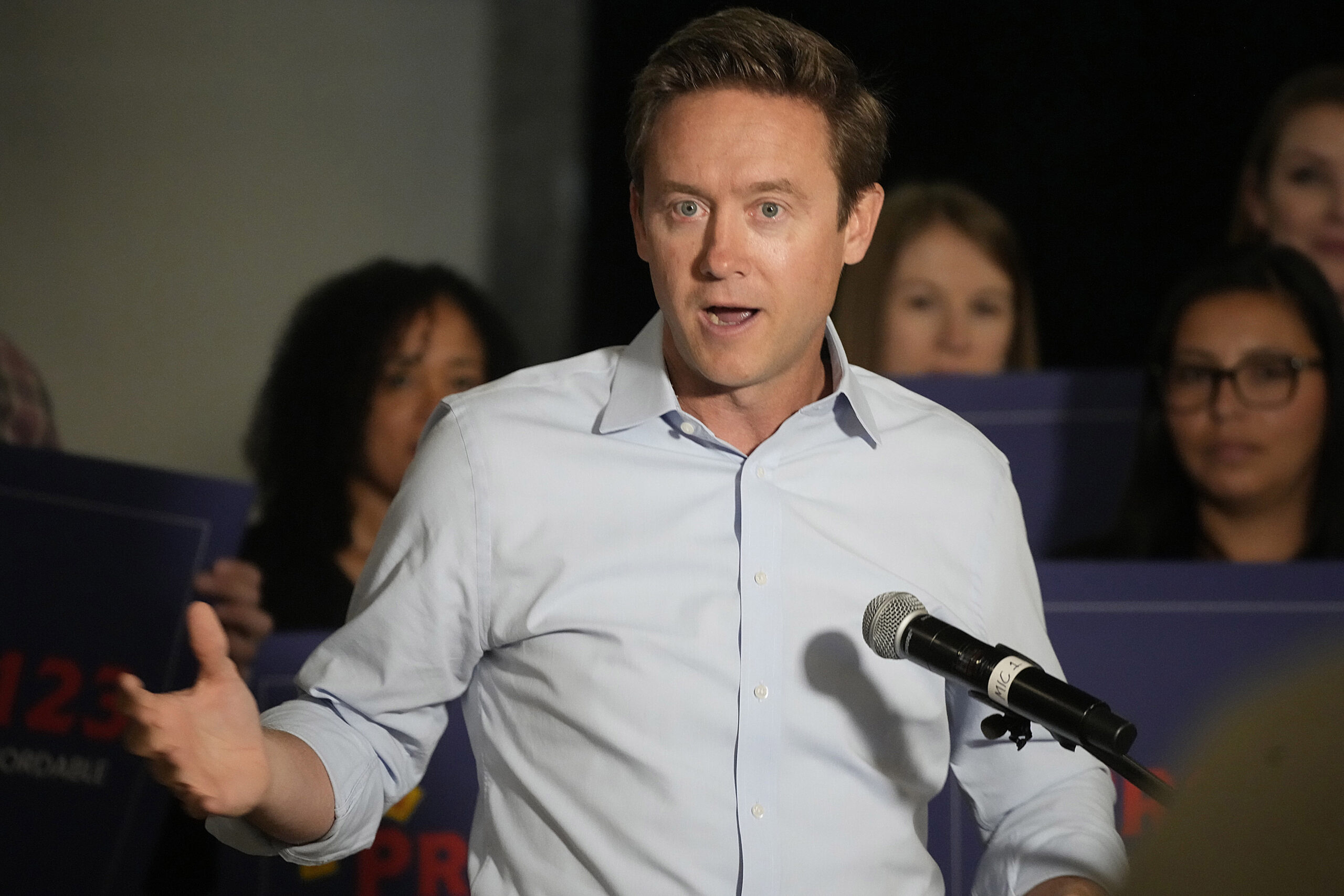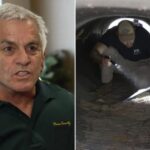

Democratic Denver Mayor Mike Johnston said the city is “really struggling” to provide shelter and resources for the influx of immigrants surging into Denver, the latest sign that the border crisis is seeping into states not located on the Mexican border.
Johnston visited families in a makeshift encampment as Denver experienced temperatures sinking below zero overnight. Many of the immigrants are sleeping under bridges or lining up to find food or shelter each night, CNN reported.
“This is both a humanitarian crisis for the individuals that are arriving, and it’s a fiscal crisis for the cities that are serving,” the mayor told the outlet. “Those two crises are coming to a head right now.”
Johnston is one of several Democratic mayors dealing with an influx of immigrants after Gov. Greg Abbott (R-TX) began sending tens of thousands of asylum-seekers to cities such as Denver, New York City, and Chicago. All three mayors have sounded calls for additional federal aid to combat the crisis, stating that the arrival of asylum-seekers is a national issue.
Since May, Denver has received nearly 40,000 immigrants. Many were reportedly from Venezuela applying for asylum and had “Temporary Protected Status” under a federal program that allows people from certain crisis-hit countries to live and work in the United States. The Biden administration expanded the TPS program to apply to Venezuelans who arrived before Aug. 1, so most of the newer immigrants who arrived in Denver do not qualify.
Adriana, an immigrant living in Denver who did not provide her last name, told the news source that she fled Venzuela’s economy with her husband and son. After being bused up from the U.S. border to Denver, she said she now lives in an encampment under a bridge north of downtown. A donated tent was the first home her 4-year-old son had since moving to America.
“The cold weather has been tough,” Adriana said. “It’s horrible. My son suffers from asthma, and he’s been sick with a cough. I’ve been treating him with some medication that was given to me.”
As hotels the city leased in December were already full and cold fronts began moving in, Johnston and his staff began going out to several immigrant encampments, urging them to find new shelters or warming centers. He said immigrants were grateful for the help he was offering but were full of questions about how long resources would be available. The top question they asked: When can they work?
“You talk to people who say, ‘I walked 3,000 miles to get here, and all I want is a job. Can you help me find someplace to work? I don’t need charity. I just want to be able to support myself. Can I work?’” Johnston said. “And at the same time, we got employers all over the city who call me every day and say, ‘Hey, I know you’ve got migrants who just arrived. I got open jobs. Can I please hire them?’”
However, Johnston said the answer right now is no.
“The federal government could provide next to no support to cities if all these folks have work authorization because they’d be supporting themselves,” Johnston said.
Johnston’s budget proposal looks to have the city foot an annual bill of $180 million for immigrant services, which he said would lead to major cuts in other city budgets.
“We don’t want to take police officers off the street. We don’t want to take firefighters off the street,” the mayor said. “We don’t want to not do trash pickup or not have our parks and recreation centers open.”
CLICK HERE TO READ MORE FROM THE WASHINGTON EXAMINER
The Denver mayor said he would empathize with Abbott if he would return Johnston’s calls.
“I understand they feel like they have this huge influx of people that they can’t handle in Texas alone. I agree with him that no one state or one city should need to solve this entire challenge,” Johnston said. “But I think there’s a way for us to work together to say, let’s create a coordinated plan where we send people to cities that have capacity, where they can be successful.”






